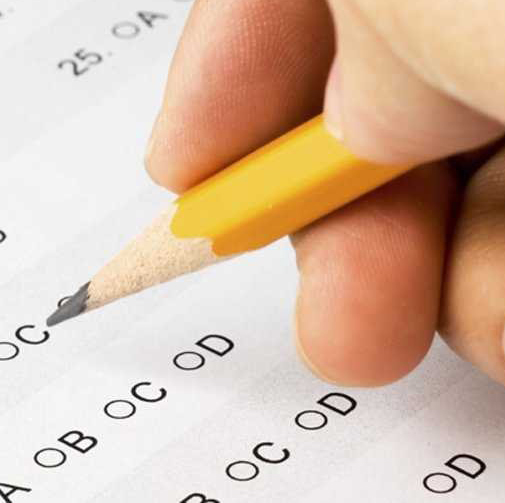 Exams in England cancelled – but what about the 11-plus?
Exams in England cancelled – but what about the 11-plus?
The pandemic means another national lockdown and schools switching to remote learning, with an announcement that this year’s SATs, GCSE, and A level exams will be cancelled, with many exams replaced by teacher assessment. We know that year 5 children in primary school will have an uneven experience of education this year, with successful homeschooling depending on digital technology and good parental support. It seems unlikely that the 11-plus in September 2021 will be a level playing field for all children, and this should be seen as an opportunity to withdraw the test, and ideally never bring it back. School closures and home learning have brought into question children’s preparedness for the 11-plus, just as they have for the taking of SATS, GCSEs, BTECs and A levels, so why not cancel this test too?
 Transfer Test chaos in Northern Ireland
Transfer Test chaos in Northern Ireland
The ‘transfer test’ 11-plus exam in Northern Ireland had been rescheduled to January 9th, but rising Covid-19 rates has caused school closures and uncertainty about the test. The test was announced as cancelled a few days before children were due to sit the exam, but now there are reports that some testing is scheduled for February 27th ‘depending on health risks at the time’. The uncertainty must be hugely stressful for children. A County Down school principals’ group has called this a “brutal and archaic system” and called for change. 11 grammar schools and one partially selective school said last summer that they would use comprehensive admissions this year, due to the pandemic. These schools showed strong leadership, and local families appear to have accepted the changed arrangements without any outcry. There’s still no clarity on where Northern Ireland’s remaining selective schools will use a test or be forced to use distance as an admission criteria.
 New York City will change selective schools to address segregation
New York City will change selective schools to address segregation
The pandemic has led to a change to high stake test admissions in hundreds of New York City schools. The move is, “to address long-simmering concerns that admissions policies have discriminated against Black and Latino students, and exacerbated segregation in the country’s largest school district.” School closures meant the standardized tests that were used by the city to admit students to its selective schools were altered or paused. Now that it is impossible for selective schools to sort students by academic performance admission ‘screening’ will no longer be used, with the possibility that this will not resume. Most of the schools will switch to lottery admissions.
 HEPI debate – What is the right age to begin academic selection?
HEPI debate – What is the right age to begin academic selection?
The Higher Education Policy Institute (HEPI) held a light hearted ‘balloon debate’ to decide what age was right to divide pupils to different education pathways. The debate offered different speakers advocating for 11, 14, 16 and 18, plus one speaker arguing against all academic selection. It appears that HEPI found it difficult to secure any speaker to argue that selection at age 11 is best, which is odd considering around 20% of England’s school children still live under the influence of 11-plus selection. Lord Lucas advocated selection at 11, but was highly critical of current grammar school policies. He advocated something more like the system that had seen him fail the common entrance exam but still get to Eton. He said the head called and said he could still attend. Unsurprisingly Lord Lucus lost the debate, with late selection or no selection winning audience support. Sol Gamsu, arguing for no selection at all, was the eventual winner. A video recording of the debate can be viewed at the HEPI website.
 Is there a comprehensive future?
Is there a comprehensive future?
Our panel event involved contributions from across the political spectrum discussing how we can change our regressive, segregated education system and create a good local school for all. Watch the full video or clips at our YouTube channel. We are delighted that two of the panel members, Danny Dorling and John Bercow agreed to become Comprehensive Future patrons following the event.





